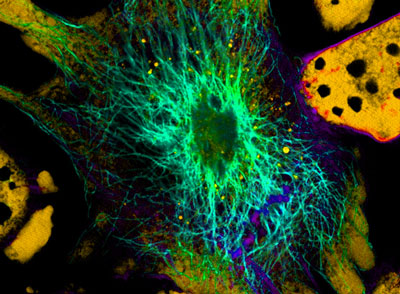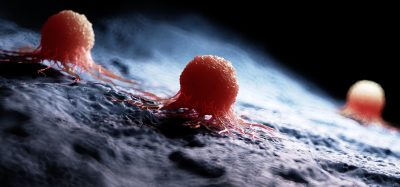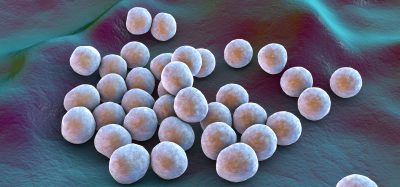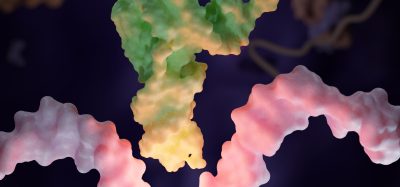Newly discovered role of AF1q in neuroblastoma
Posted: 28 February 2024 | Drug Target Review | No comments yet
Researchers have identified that AF1q is highly expressed in neuroblastoma, and could be used to destabilise N-Myc.


Scientists from the University of California, San Francisco (UCSF), have identified a universal, crucial biomarker for the childhood cancer neuroblastoma, the most common source of childhood solid tumours outside of brain cancer. They have also discovered a potential new target for treatment.
Neuroblastoma accounts for 15 percent of all paediatric cancer deaths. The disease develops from neural crest, embryonic tissue that differentiates into sensory, sympathetic and parasympathetic nerves, and usually affects children under the age of five. High-risk cases have a five-year survival rate of only 50 percent, highlighting the dire need for discovering novel therapeutic targets.
The team of researchers believed that the oncoprotein AF1q, which is known to play a role in leukaemia and solid tumour progression, could be significant in tumours of neural origin too. Using the Broad Institute’s Cancer Cell Line Encyclopedia database, they compared AF1q gene expression in 37 different types of paediatric and adult malignancies. Also, they used the “Depmap” Cancer Dependency Map database to analyse the impact of gene silencing and gene editing of different cancer cell lines.
The team discovered that, compared to all other tumour types, AF1q was expressed at the highest levels in neuroblastoma. Neuroblastoma cells were also more reliant upon AF1q than any other cell line. When AF1q was silenced in neuroblastoma cells, it seemed to initiate cell death and weaken the progress of tumours.
Dr Julie Saba, UCSF paediatric oncologist and senior study author, said the key to how AF1q works in neuroblastoma appears to be its ability to maintain high cellular levels of N-myc, another oncoprotein which is associated with high-risk neuroblastoma.
“N-myc has long been considered an ‘undruggable’ target in neuroblastoma,” Dr Saba commented. “But now we see AF1q as a potential Achilles heel we can use to destabilise that target.”
In the future, further studies will concentrate on determining how AF1q interacts with other cellular proteins and then using that information to target AF1q’s actions in cancer cells.
This study was published in Oncogene.
Related topics
Cancer research, Cell Line Development, Drug Targets, Genetic Analysis, Neurons, Oncology
Related conditions
Cancer Research, Neuroblastoma
Related organisations
University of California San Francisco (UCSF)
Related people
Dr Julie Saba (UCSF)








